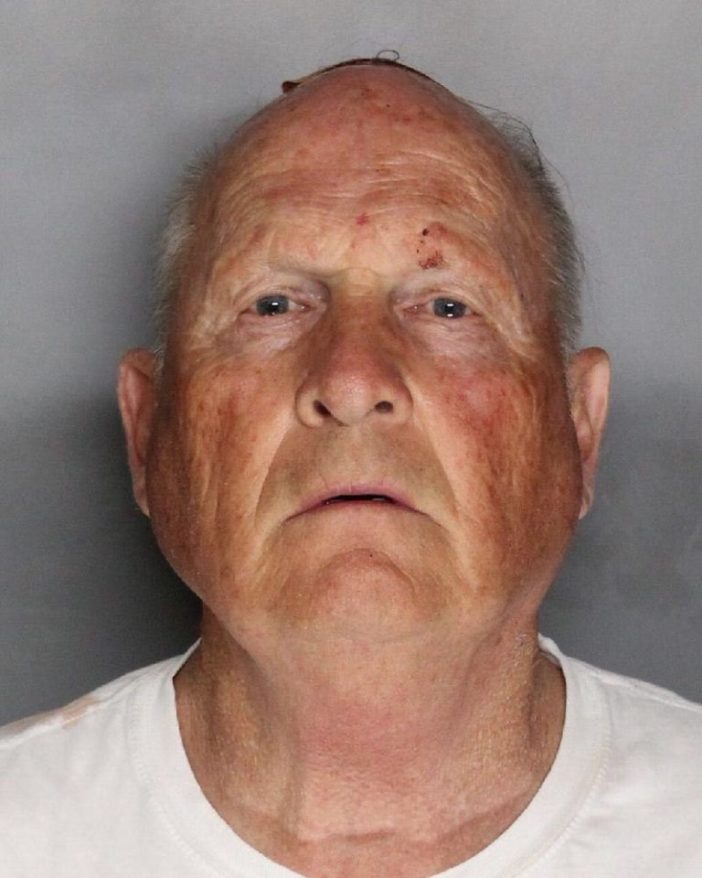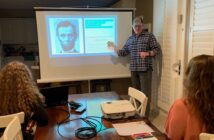In a great coup for police investigators, the East Bay Rapist or Original Night Stalker, as he was also known, has finally been identified and taken into custody. Suspect Joseph James DeAngelo was arrested in the city of Citrus Heights after allegedly committing over 50 rapes, 12 murders and over 100 burglaries from 1976 to 1986.
There has been great relief that the man suspected of terrorizing an entire state for a long time has been taken into custody. At the same time, privacy advocates have come out of the woodwork criticizing the investigators’ use of a public DNA database to track down DeAngelo.
The issue is one of privacy and who can see your DNA profile. If detectives find your DNA profile matches a potential suspect, it makes you an informant for any relative that might have committed a crime.
Once there is a DNA hit, detectives can try to follow the family tree branches to a suspect — a much easier task than tracing the potential millions of suspects who could be out there.
With millions of entries in genealogy databases, one has to wonder how many killers, rapists and other serious offenders could be brought to justice if law enforcement could track them down through familial ties. Even critics have to admit the numbers would be staggering.
Missing from the critics rantings is something simple: Do the families of the victims have any rights to justice? I doubt the critics have spent a single minute with the loved ones of victims.
The pain and anguish that comes from unresolved justice can last a lifetime. Just ask detectives who spend hours and hours with these families. They feel their pain and often are driven to the point of obsessiveness in trying to bring the perpetrators of these heinous crimes to justice.
The critics seem to lack any empathy for these families. They don’t seem to understand how closure and justice can do so much to help heal the often irreparable wounds these families suffer.
Over the years, I’ve often thought of Jeffrey Vargo’s family. In 1981, then 6-year-old Jeffrey was kidnapped and murdered. For 33 years, Bob and Connie Vargo anguished over the fact their son’s killer was still out there somewhere. In 2015, Kenneth Rasmuson was arrested after he submitted a DNA sample after his release from prison. As is the case around the country, there are thousands of prisoners whose DNA has never been collected.
Rasmuson has since been charged with the additional murder of a 6-year-old Miguel Antero from Agoura Hills in 1986.
The use of familial DNA led to the solving of the notorious Grim Sleeper serial murder case. Lonnie Franklin Jr. was convicted of raping and murdering over 25 women after his DNA matched a relative who had been arrested.
Bruce Harrington, whose brother and sister-in-law likely were killed by DeAngelo, spent decades advocating for the changes in the law that would allow DNA to be taken from all persons arrested for serious crimes. With resistance from politicians and civil rights advocates, he worked to get Prop. 69 passed.
Since then, hundreds of criminals have been arrested and convicted of serious and often violent crimes because their DNA was in a state database.
Privacy rights and concerns can be addressed with proper policies and procedures being put into place and monitored. The legitimate concerns for public safety make the need to search familial DNA a necessity. There are some really evil people out there who society needs to be protected from.
But in every case, there are also family, friends and loved ones who need closure and justice. We should collectively do all we can to make sure that justice is fulfilled. It’s the right thing to do.
Joe is a retired captain. He can be reached at jvargas@behindthebadgeoc.com
 Behind the Badge
Behind the Badge



